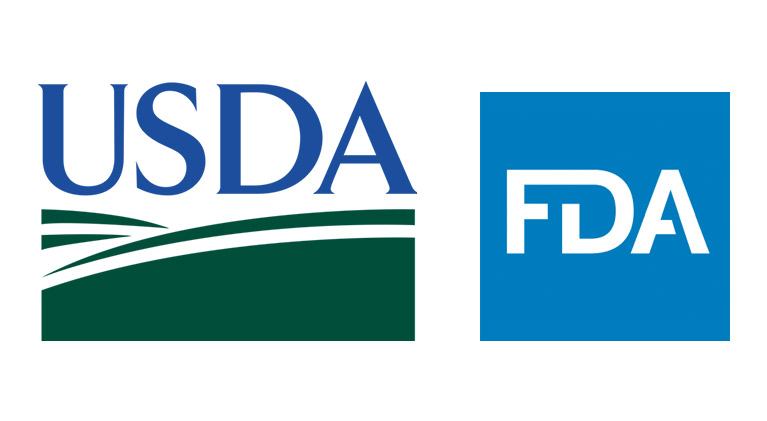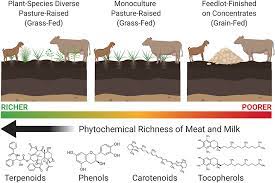In June 2023, the U.S. Department of Agriculture (USDA) granted its first-ever approval of lab grown meat, or synthetic alternative protein (SAP), to two companies. The approval came less than a year after the U.S. Food and Drug Administration (FDA) declared the companies’ products safe for human consumption.
Not everyone agrees with these USDA and FDA decisions, however. Some cite what SAP contains or could contain. Others report what it lacks. Then there are those who wonder what we don’t know – and worry about what haven’t even yet considered.
The Risk of Contamination
SAP contains fetal bovine serum (FBS) that’s derived from blood drawn from a bovine fetus, which is an unborn calf. Because it’s highly pure and contains many cellular growth factors, FBS has long been used in academic biology and laboratory research. So how could FBS pose a risk to human health?
“One of the major concerns is the risk of contamination”, explains the authors of a book about mesenchymal stem cell therapy, another use for FBS. “Harmful pathogens such as prions, viruses, Mycoplasma, and other unidentified zoonoses can be transmitted to the host.” In the case of stem cell therapy, the host is the person who is injected with stem cells. In the case of lab grown meat, the host would be the person who eats contaminated SAP.
Prion diseases, the U.S. Centers for Disease Control and Prevention (CDC) reports, affect the brain and “are usually rapidly progressive and always fatal”. In humans, they include Creutzfeldt-Jakob Disease (CJD). In its “classic” form, the CDC notes, CJD “is not related to mad cow disease”, which is also caused by a prion.
The Presence of Additives
SAP advocates sometimes use the term “clean meat”, but is this term misleading? In a patent filed by the University of Missouri for what it calls “engineered meat products”, the applicants listed a series of additives. Many of these substances, the website Clean Food Facts, explains, have harmful health effects.
- BHA and BHT are food preservatives that are believed to be carcinogenic.
- Calcium propionate is a food preservative that can cause migraines and headaches.
- EDTA is a medication used to treat heavy metal toxicity. It can cause kidney damage and kidney failure.
- EGF, IGF, and NGF are growth factors that can cause dry skin, retina swelling, and osteoarthritis.
- G-CSF is used to treat leukemia but has nausea and chest pain as side effects.
- Interleukin 6 is present in various types of tumors.
- Sodium nitrate is a food preservative known to cause high blood pressure.
The Lack of Phytonutrients
For some researchers, it’s not just about what’s in SAP. It’s also a matter of what’s missing. Phytonutrients, naturally-occurring chemical compounds that strengthen a plant’s immune system, also protect humans from chronic diseases, reports Harvard Health. Specifically, phytonutrients fight cancer and heart disease.
Cows that eat grass consume phytonutrients as part of their diet. In turn, humans consume phytonutrients when they eat meat that comes from these animals. “With lab grown meat,” SAP researcher Chloe Sorvino told Slate, “you will never be able to have a system where there are phytonutrients.”
The Unknown
Go Natural Education hopes you’ve enjoyed this series about synthetic alternative protein (SAP). More importantly, we hope that it’s challenged you and encouraged you to think critically. There are still lots of unknowns when it comes to SAP, including some things we probably haven’t even considered yet.
Contact us if you have information or insights to share.


